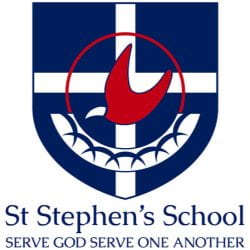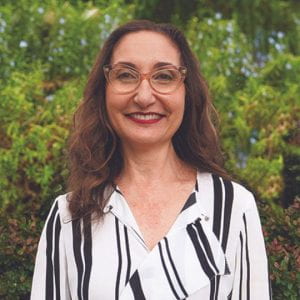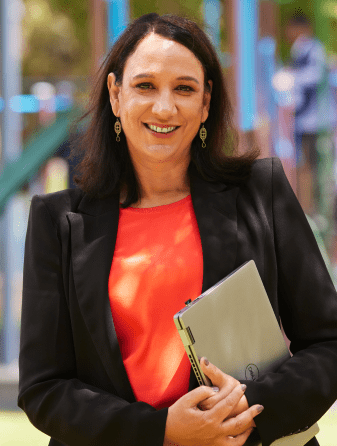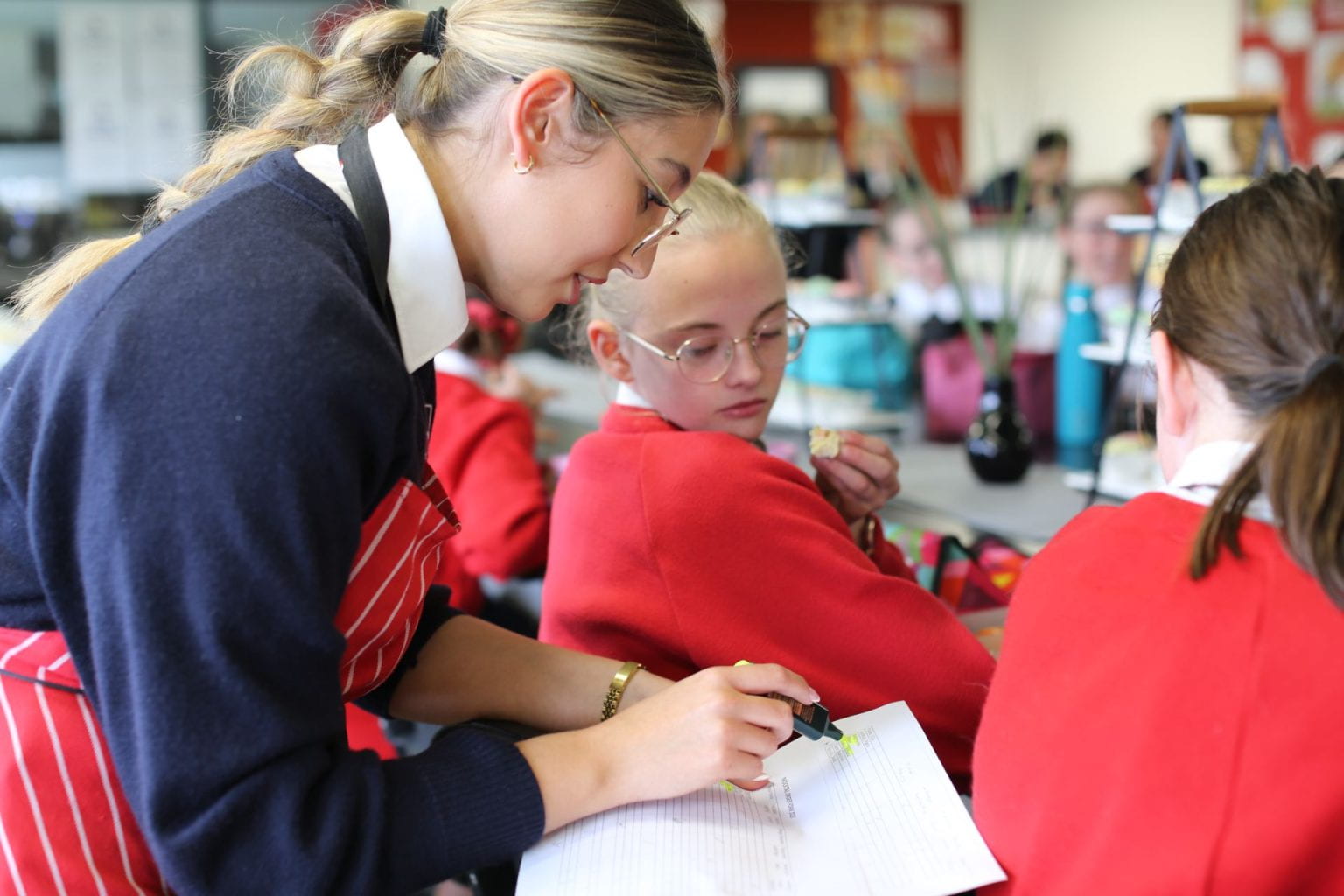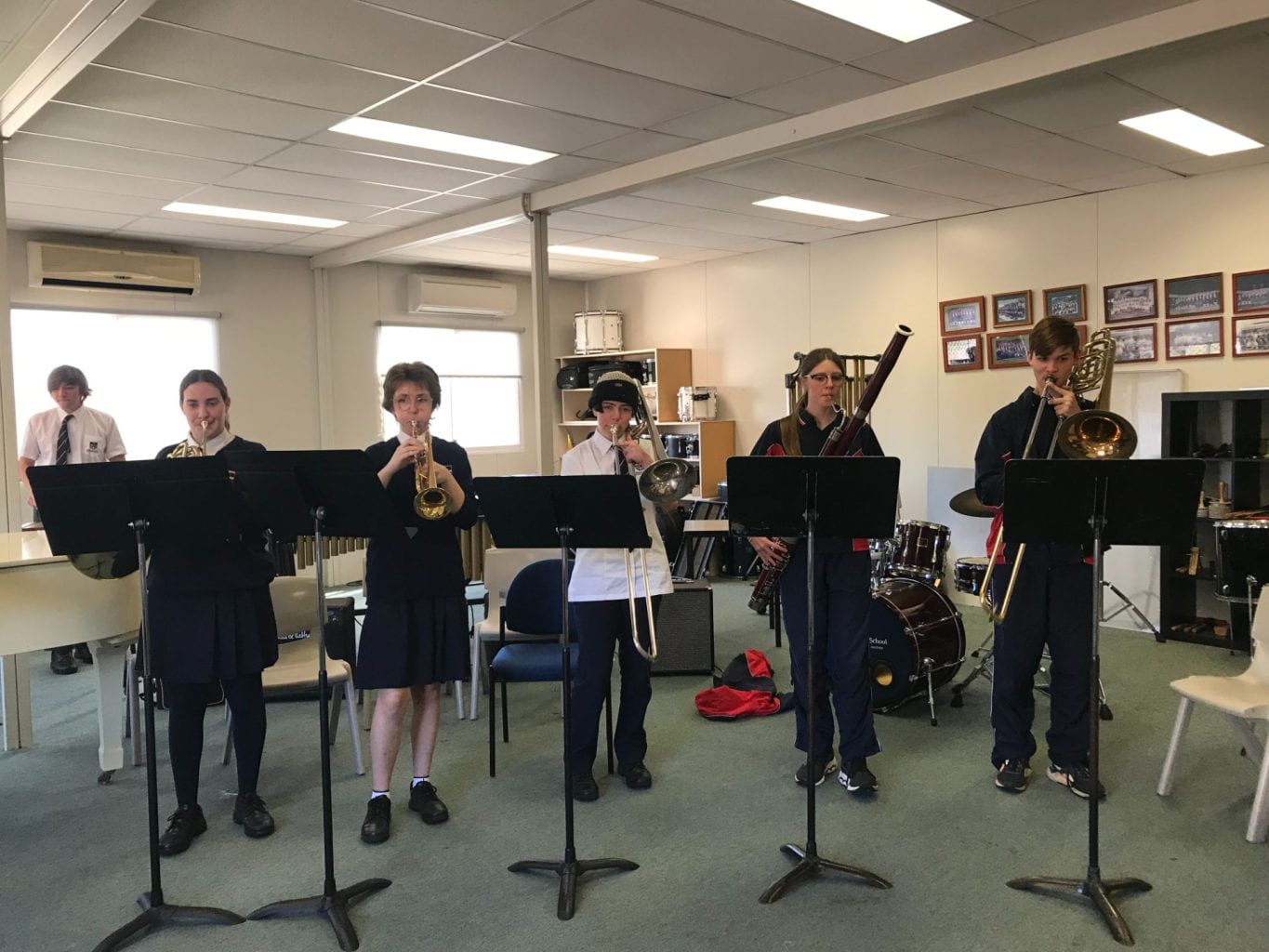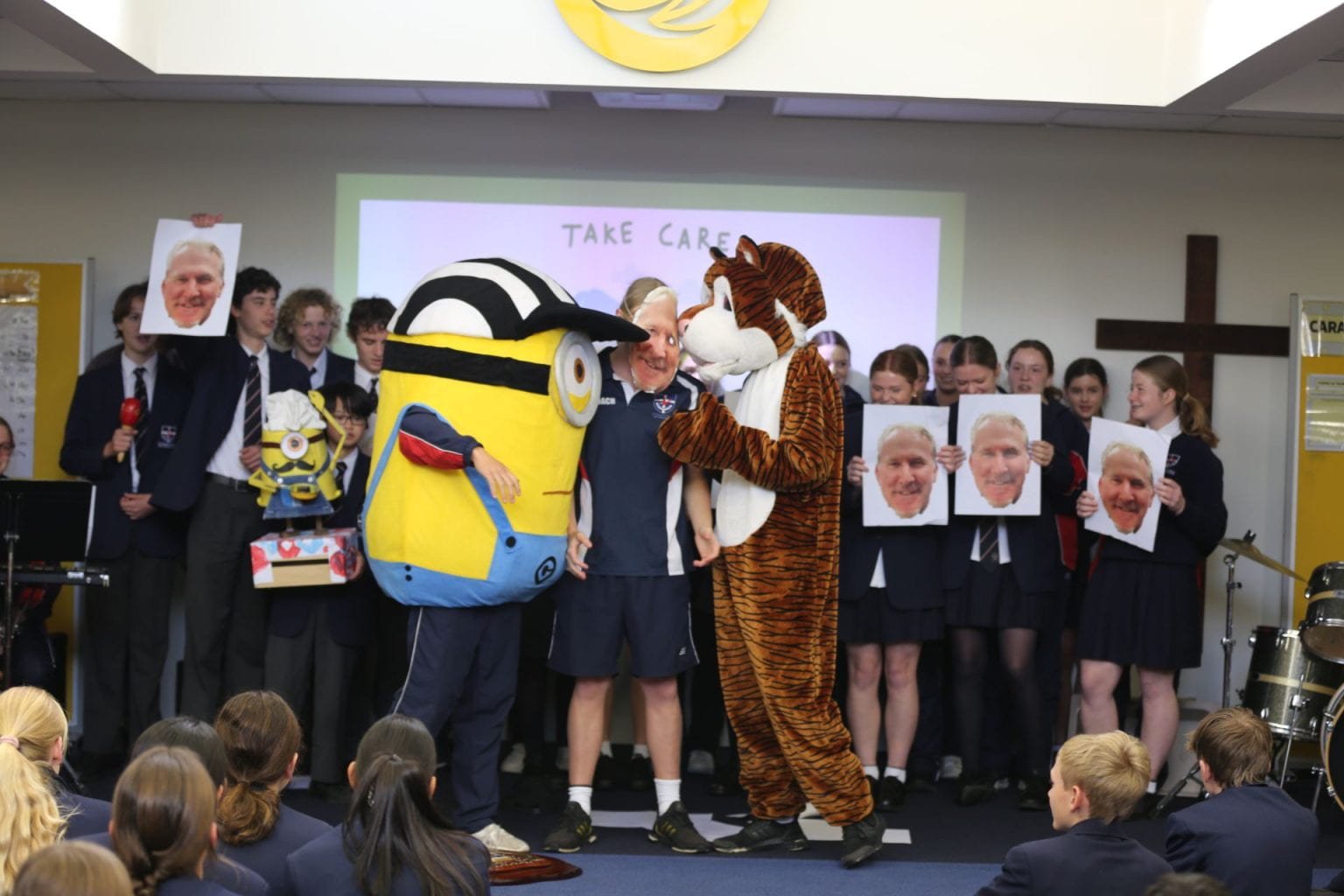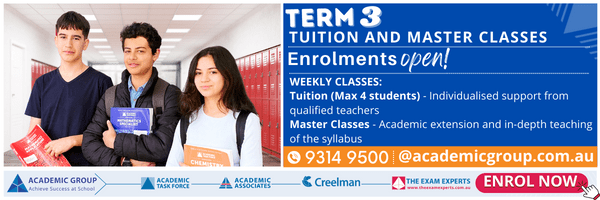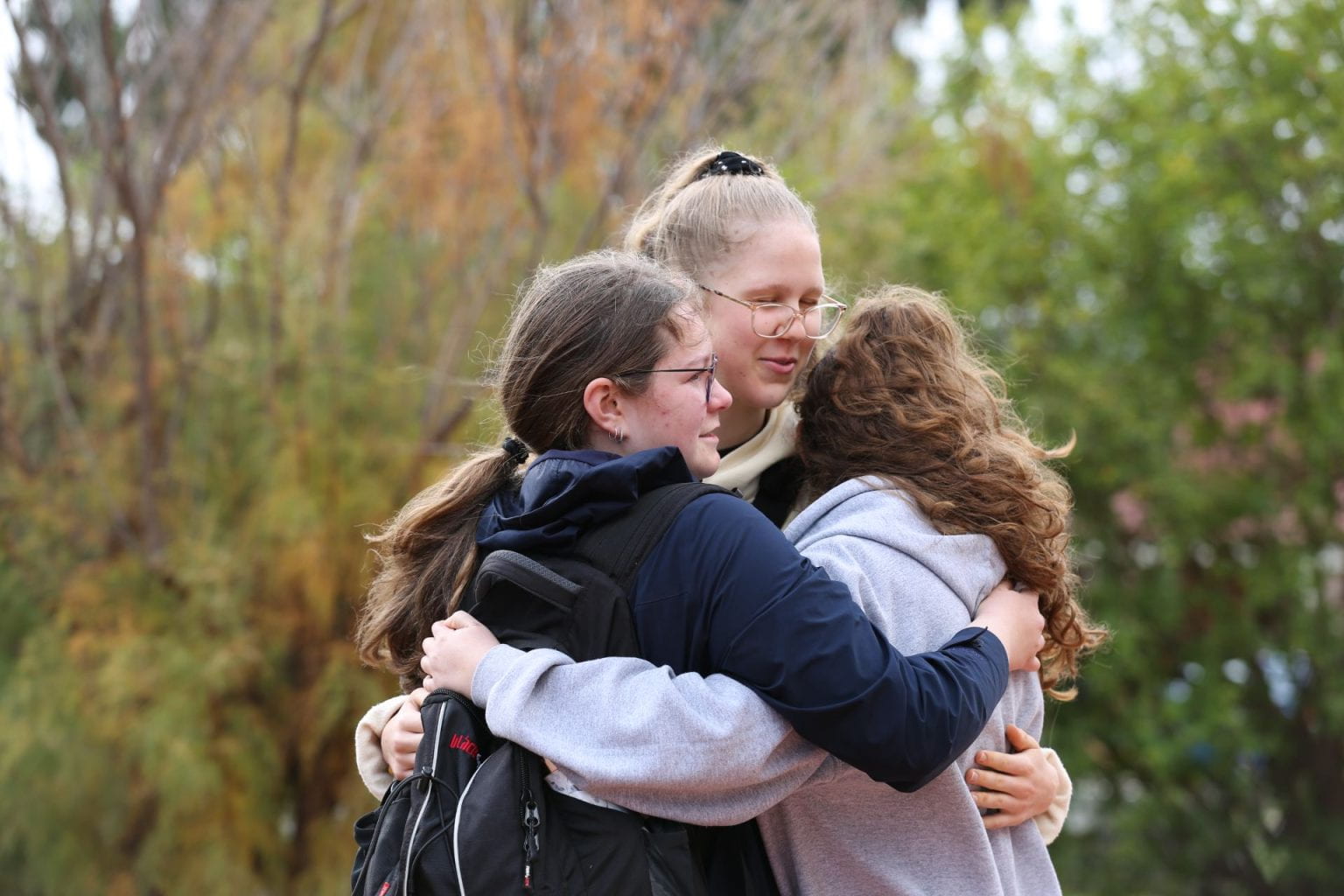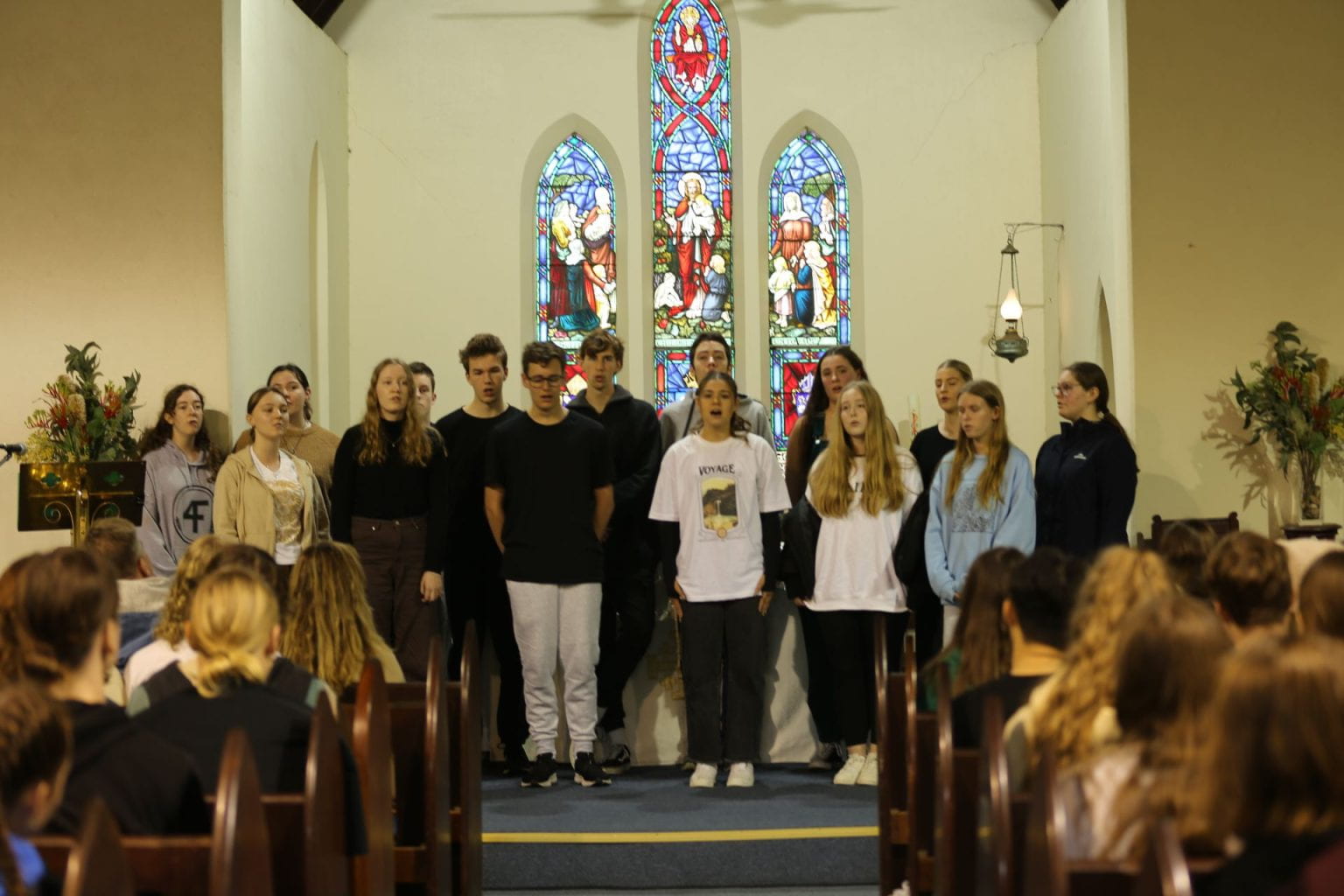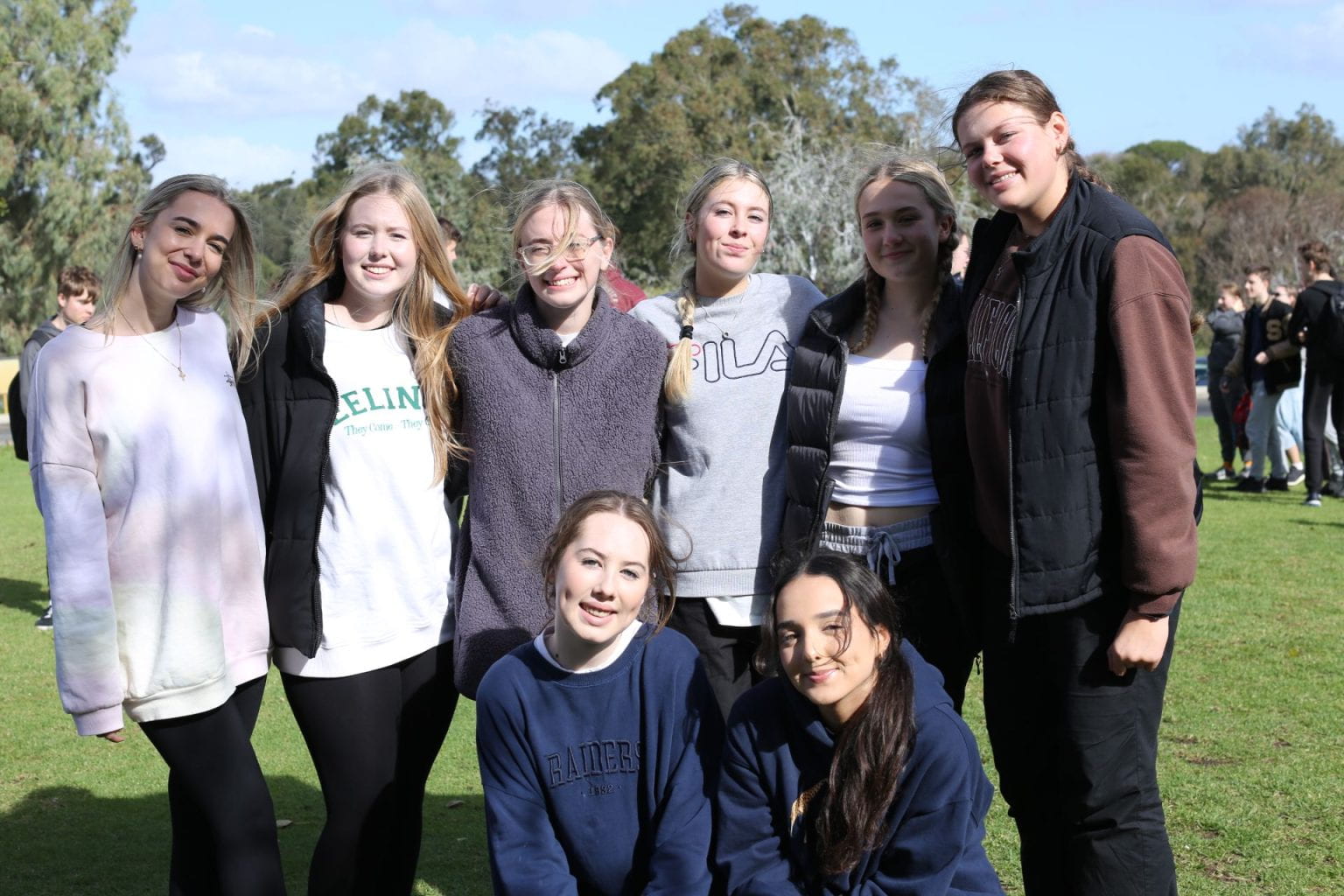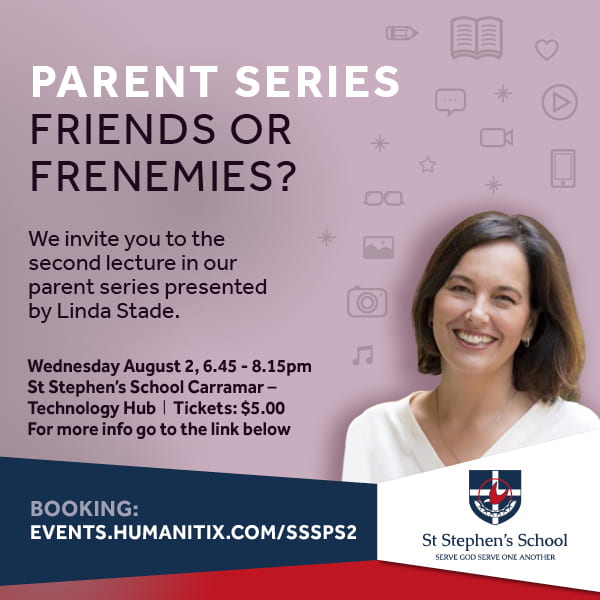In this newsletter:
- Acting Principal’s message
- Ms Dunn’s Digest
- Mrs Resta’s update
- Parenting with Mr Gilchrist
- Dates for your diary
Acting Principal’s message 
As we embrace the season of Makuru, a time of growth and reflection in the Noongar calendar, I want to thank you for your continued support and engagement across the whole school. It is a privilege to serve as Acting Principal and to witness the care and commitment that define our school community.
I’d like to highlight an important initiative from the Department of Education: the WA Student Assistance Payment (WASAP). This program provides financial support to all families with students enrolled in WA schools, including ours. Every student is eligible, and I encourage all families to consider making a claim, regardless of financial need.
The payment offers:
$150 for each student in Kindergarten and Primary School
$250 for each Secondary School student
Currently, only 50% of our families have claimed this support. With the deadline approaching on Friday 4 July, we are encouraging all remaining families to submit their claims and take advantage of this opportunity.
Resources and instructions are available at: https://www.education.wa.edu.au/wasap/schools
Thank you for your continued partnership in nurturing a thriving and inclusive learning environment. If you have any questions or need assistance, please reach out to enrol@ststephens.wa.edu.au
Bennet Andrews, Carramar Head of Campus and Acting Principal
Ms Dunn’s Digest
As the term is nearing a close, semester 1 reports are being discussed at home and goals for the remainder of the year are set, here is some food for thought from Summer Allen, Ph. D Researcher with the Greater Good Science Center.
The Study suggests that prospecting about your future can enrich your life in at least four ways:
Helps us make more prudent decisions
Prospection helps us decide how to act. Several studies have examined how thinking about the future shapes our decision making. Of particular interest is the psychology that drives our process of deciding between receiving something now, versus receiving something of greater value later. Visualising a specific probable future counteracts the effects of smaller intermediate rewards. Think about when you fantasise about your next vacation or decide whether it would be better to take the stairs or the elevator. Our prospection can cast far into the future. A phenomenon known as “delay discounting”.
Motivates us to achieve our goals if we do it right
Prospection has another important application. It motivates us to achieve our goals. Having positive expectations – optimism – could increase our ability to achieve our goals, but just fantasising about the future can actually decrease the chance of achieving what we want. How do we turn these fantasies into behaviours? Optimism is the key, it is being able to draw a contrast between our fantasies and our current reality, which allows us to see barriers that must be overcome. One study asked students to mentally contrast their positive fantasies about benefiting from a vocational training program with aspects of the program that could impede their progress. This reflection caused students who expected to do well, commit themselves more to the program, and those who expected to do poorly, committing less – again highlighting the importance of optimistic expectations to success. The study suggests effectiveness of mental contrasting is due to ‘energisation,’ meaning when people have high expectations for succeeding at something, considering what might impede their goals gives them energy to try to overcome those barriers. In other words, it helps to stress yourself out a little bit. Mental contrasting, in conjunction with ‘implementation intentions,’ planning to move past barriers, helps reach goals. The WOOP acronym: Wish, Outcome, Obstacle, Plan or WOOP type intervention improves academic performance.
Improves psychological wellbeing
There is evidence that prospection may improve psychological health more generally. Psychologists Martin Seligman and Anne Marie Roepke, note people with depression imagine possible futures that are more negative than people without depression. They tend to overestimate risk and have more pessimistic beliefs about the future. Therefore, targeting negative beliefs about the future can be helpful. ‘Future Directed Therapy’ induces participants to spend less time dwelling on the past or current struggles. Instead, they are asked to spend more time thinking about what they want from the future, while developing skills to reach future goals.
There’s another technique that may help improve psychological health – ‘Anticipatory Savouring.’ Taking time to simulate and enjoy a positive experience in advance, thinking about the upcoming vacation, or meal with friends, can allow you to derive benefits from the experience twice. Studies show savouring an upcoming experience heightens people’s enjoyment both during and remembering the experience later. One way to engage in anticipatory savouring, suggested by Roepke and Seligman, is to modify ‘three good things’ gratitude exercises. Instead of writing three good things that happened today, you can write three good things you anticipate happening tomorrow and what you can do to make it more likely that it will happen.
Makes us kinder and more generous
How we think about the future doesn’t just influence our own lives. It can also influence how we treat other people. Picturing yourself helping someone in the future may make you more likely to do so. People who were asked to imagine the helping scenario more vividly, by picturing the event in a familiar location, were even more willing to help.
Another study found that when people think more broadly about the future consequences that come from helping others, they might feel inspired to behave in more prosocial ways.
While there is a lot left for researchers to discover about prospections, you don’t need to wait. You can try your own experiments. See if prospection helps you to live a more generous, happier, and more meaningful life.
Rosemarie Dunn, Head of Campus
Mrs Resta’s Reflection

Term two is typically a busy term as we wrap up the final exams and tests for Semester 1 reports.
Thanks to all parents and families who made an appointment to see their child’s teachers in the Year 11 and 10 Parent teacher interviews. Building relationships with your child’s teacher is fundamental to wellbeing and welfare of all students. As the famous quote says:
” It takes a village to raise a child”
This term has seen many awesome cross curricular, enriching opportunities for our students.
There has been in house Rookie WADL debating, an excellent chance for students to polish the craft of public speaking. The HASS department have run field trips to Subiaco and Fremantle as students study how cities are formed and the infrastructure around planning these.
The PE department has been busy with Cross Country and Inter House surfing events that have enthused students even with the recent wild weather.
Science students showed a range of projects to parents and peers in the Year 8 and 9 Science evenings.
The Arts have welcomed visiting Artist Andy Quilty, who held a workshop for year 10 students last week. Music ran their annual music camp in preparation for a fabulous middle school concert next week.
Our Year 11 and 12 students had the opportunity to make lifelong memories on their annual retreats. Year 11 at Fairbridge Farm, where the highlight of the camp was the African drumming. Year 12 had an emotional time reliving their high school journey.
Mrs Nicola Resta, Deputy Head of Secondary – Teaching and Learning
Parenting with Mr Gilchrist

Cyber Safety Tips – VPNs: What are they and why are they not allowed in schools?
You may have seen advertisements promoting the use of VPNs (Virtual Private Networks) on television, radio, or online. While VPNs have legitimate personal uses, they are not permitted on student devices at St Stephen’s School. This guidance aims to help parents understand why.
What is a VPN?
A VPN (Virtual Private Network) creates a secure, encrypted connection between a device and another network over the internet. VPNs are commonly used to:
- Hide IP addresses and browsing activity
- Access content that may be blocked in a specific region
- Add privacy when using public Wi-Fi
These features can be helpful in some personal contexts, but within a school environment, VPNs can pose significant risks—particularly to device security and student safety.
Why VPNs Are Not Allowed at School?
Although VPNs offer some privacy protections, they are unsuitable for student use in a school setting. The main concerns are:
Security Risks and Unsafe Software
Many free or poorly-developed VPN services are not secure. They may collect personal information, track online activity, or expose devices to malware. When a student installs one of these VPNs, it puts their personal data—and sometimes even the school’s systems—at risk. This goes against our duty to provide a safe and secure digital learning environment.
Disruption to Learning Tools
VPNs can interfere with access to school learning platforms, testing systems, and security tools that rely on trusted network settings. This can hinder students’ ability to participate in online assessments, lessons, or access educational content.
Prevention of Safe Monitoring
Schools use monitoring tools to help ensure student safety online. VPNs can block these tools from working correctly, making it harder to detect concerning behaviour or provide early support.
Inappropriate Content Access
VPNs can allow students to bypass the school’s internet filters, accessing sites that are blocked for good reason, including those that may be inappropriate, distracting, or harmful.
Supporting Your Child’s Online Safety
At St Stephen’s School, student wellbeing—both in the physical and digital world—is a top priority. The decision to block VPNs is one of several safeguards designed to protect students and maintain a safe learning environment.
We encourage you to talk regularly with your child about their use of technology and help them understand how to stay safe and responsible online. If you have any questions or would like help reviewing your child’s device, please don’t hesitate to contact our ICT team.
Mr Russell Gilchrist, Deputy Head of Secondary – Care
Secondary Highlights
Andy Quilty Workshop

Inter House Surfing

Year 9 Science Presentation

COMMUNITY NOTICES
Dates for your diary
Remember you can always visit the St Stephen’s School calendar for key dates and you can check full details of the 2025 term dates on our website.
Please note the following key dates for Term 2 /3 in the 2025 academic year:
- Saturday 28 June to Tuesday 8 July – Bali Tour
- Sunday 29 June to Sunday 6 July – HASS Tour
- Monday 30 June to Friday 4 July – Year 10 Lift Week
- Friday 4 July – Term 2 Ends
- Monday 28 July – Year 7 to 9 Reporting Day
- Tuesday 29 July – Students Return
- Thursday 7 August – Year 7 Immunisations
- Monday 11 August – Alethea Week
- Tuesday 12 August – Interhouse Athletics
- Wednesday 13 August – Science Showcase (Carramar Campus)
- Monday 25 August – Year 12 Cohort Photos
- Wednesday 27 August – Interhouse Music Festival
- Friday 29 August – Year 11 River Cruise
- Saturday 30 August – St Stephen’s School Foundation Event
- Tuesday 2 September – 12 ATAR Music and Drama Evening
- Tuesday 2 September – Arts Assembly
- Monday 8 September – OLNA Round 2 Begins
- Friday 12 September – Year 8 Lou Morrison Kimberly Tour begins
- Friday 19 September – Year 10 and Year 11 French Tour begins
- Wednesday 24 September – From 1pm Year 12 Grads Festival
- Thursday 25 September – Year 12 Grads Day til 1pm
- Friday 26 September – Year 12 Graduation Evening
- Friday 26 September – Term 3 Ends
- Saturday 27 September – ATAR Practical Exam, Drama, Music, Phys Ed Studies begins
